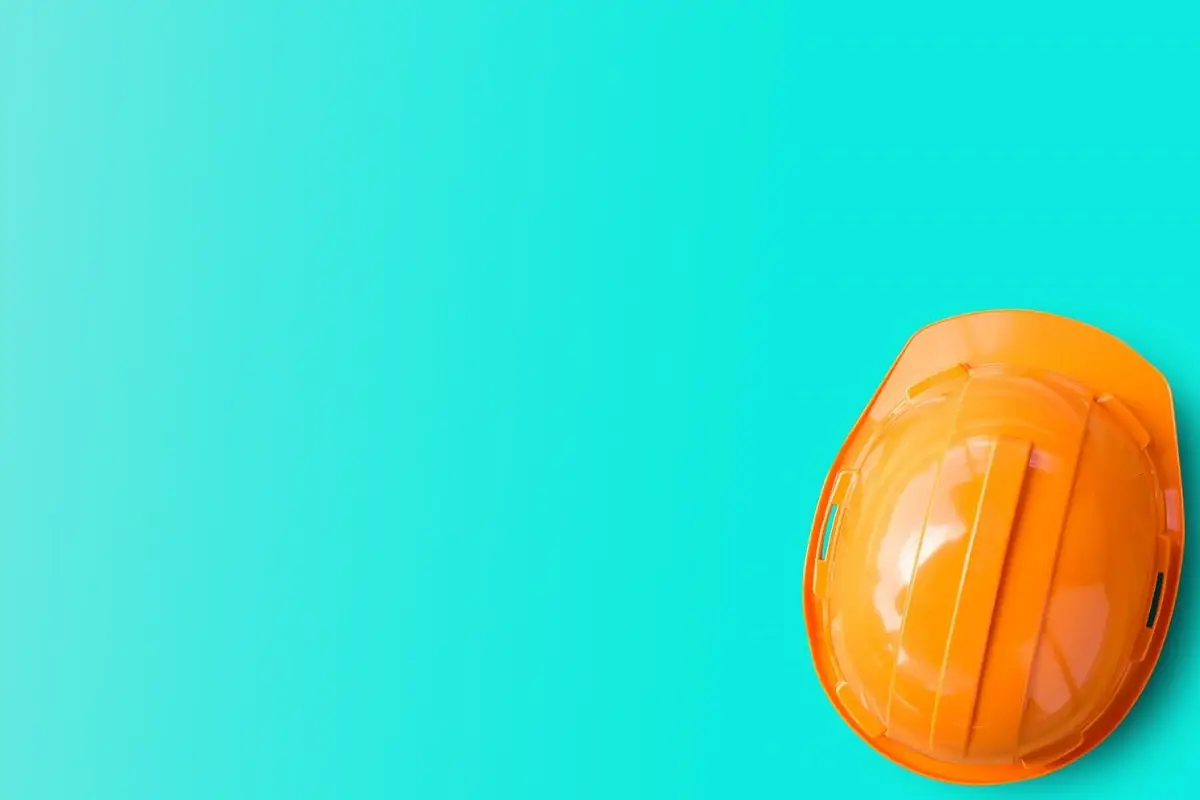Hard hats are known to be worn by construction workers, industrial engineers, and building inspectors, to name a few. But what exactly can a hard hat protect you from? Find out below.
1. Falling Tools, Debris, Or Equipment
Hard hats can protect your head from falling objects such as:
- Tools
- Debris
- Rocks
- Construction materials
- Bricks
- Beams
- Screws and nails
Wearing a hard hat can help prevent serious injuries or even death. If you are working in an area where there is a potential for falling objects, always wear a hard hat.
2. BBs And Pellets
Many people wonder if a hard hat can protect the wearer from firearms. Hard hats can in fact protect you from bbs and pellets. These rounds are small enough not to penetrate the hard hat material. Most hard hats are made from a specialized thermoplastic or resin material that is designed to stop these rounds. However, larger rounds (.22 and up) can easily go through a hard hat if they are fired at close range.

3. Electricity
Electrical dangers are prevalent in many construction areas and facilities. This is why electricians and power plant inspectors must wear hard hats. Special hard hats are made to add extra protection from electricity. ANSI/ISEA has hard hat electrical performance ratings divided up into three categories: G, E, and C. If you are looking for added protection to your head from electrical dangers, choose a hard hat that has the G or E rating.
An example is the MSA 475407 Skullgard Full-Brim Hard Hat.
4. Heat
Hard hats protect from heat sources, such as flames, molten metal, or scalding water or fluids. While this is not the most effective means of heat protection, hard hats provide a strong barrier. In fact, steel plant workers are required to wear hard hats as protection from heat, molten metal, flames, tools, and equipment.
5. Chemicals
Chemicals can get onto a person’s head either through accidental pouring, droplets or by touching with dirty gloves. Hard hats provide a strong barrier to chemicals and fluids and are tested to protect against coming in contact with them. However, extended exposure to strong chemicals can accelerate the deterioration of the hard hat.
6. UV rays
Hard hats are very effective at protecting the head from UV rays. UV rays will be almost entirely blocked from ever reaching the wearer’s head. This is a very important safety feature, as UV rays can cause serious skin damage and even cancer. Hard hats are an essential piece of safety equipment for anyone who works outdoors or in direct sunlight. However, just like chemical exposure, UV rays can accelerate the wear and tear of a hard hat, so regularly working outside in sunlight may require replacing one sooner.
7. Tree Branches
While working as a tree trimmer, or power line electrician, tree branches can pose a significant danger to a person’s head, through poking, fall, or bumping. Wearing a hard hat while on the job is essential to protecting yourself from these dangers.
Forestry workers wear hard hats as a requirement for the job. A forest is a dangerous place in many ways. For example, broken tree branches can get stuck in the canopy, only to break away and fall randomly onto a person below. These branches are sometimes called “widowmakers” because of the fatalities they have caused to lumberjacks.
8. Snow, Rain, or Hail
Hard hats are effective at covering the head and protecting it from snow, rain, or hail. Hail especially can be damaging to a person’s head.
Hailstones can be as large as the diameter of a hard hat, and they can fall at speeds of up to 100 miles per hour. When hailstones hit the ground, they can create craters that are several feet deep. Hailstones have been known to break windows, damage cars, and injure people. Hard hats can provide adequate protection from hail in most situations.
